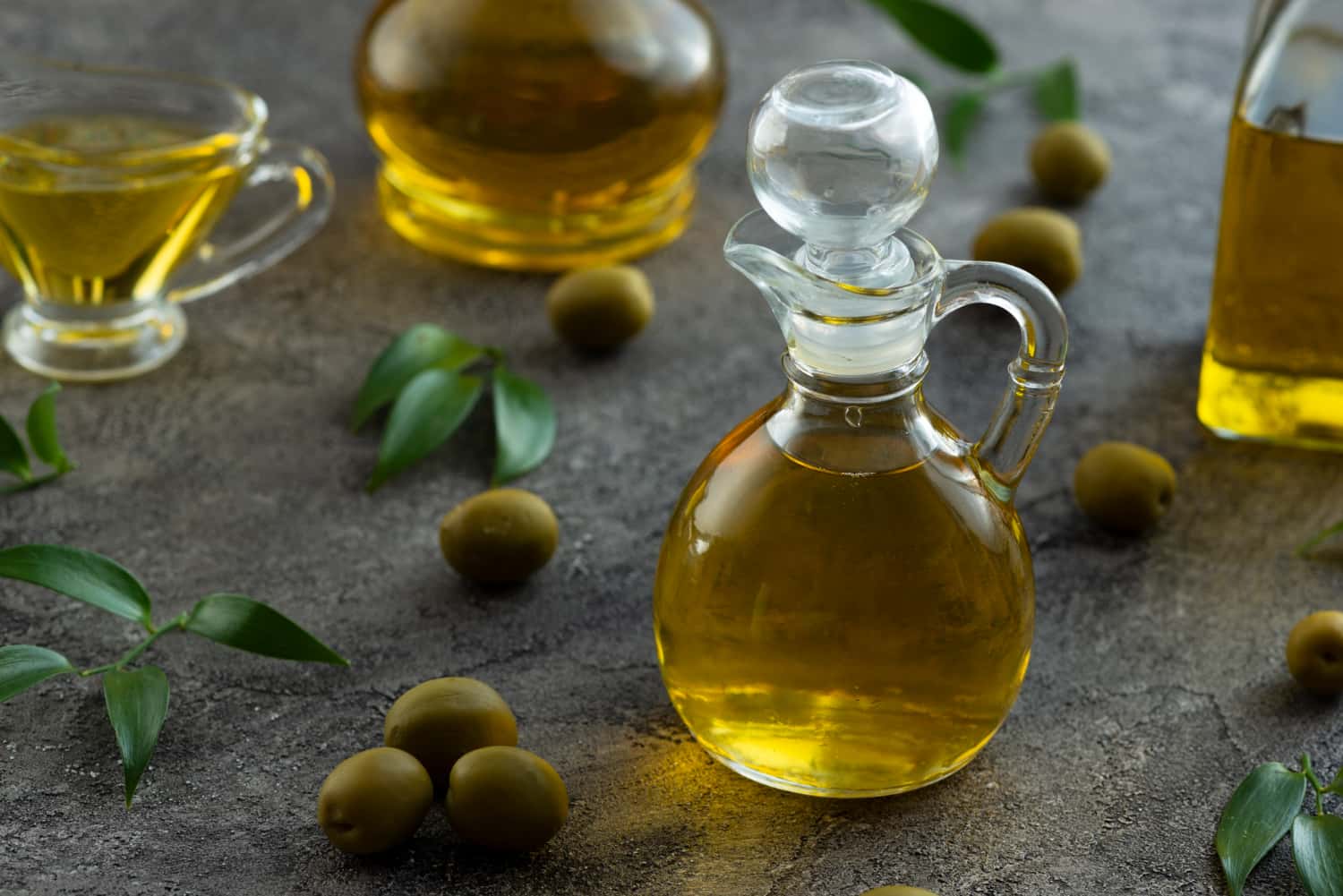 |
| Olive Oil |
Olive oil, revered for its exquisite flavor and stunning golden color, has long been a culinary gem. However, its true value transcends its appearance and price, as it has earned the nickname “liquid gold” thanks to its numerous health benefits.
Not only is olive oil a major source of fat in the Mediterranean diet, but it has also been associated with a number of positive effects on cardiovascular health, diabetes control, and weight maintenance. But how beneficial is it really? Do all types of olive oil offer the same benefits? And is it superior to other oils available on the market? To answer these questions, we dive into the latest research. The benefits of this “liquid gold”Numerous studies support the positive health effects of olive oil. It has been shown to reduce blood pressure, LDL (the “bad”) cholesterol, and inflammation, while increasing HDL (the “good”) cholesterol. Additionally, it has been associated with a lower risk of type 2 diabetes and cognitive decline. A recent study, published in the Journal of the American College of Cardiology in 2022, revealed that daily consumption of more than 1½ teaspoons of olive oil reduced the risk of premature mortality by 19 percent compared to a lower intake. While both extra virgin olive oil and regular olive oil contain beneficial monounsaturated fatty acids, EVOO offers additional health benefits. It contains more than 200 antioxidant compounds, such as polyphenols, which have anti-inflammatory properties and have been linked to the prevention of chronic diseases such as heart disease and type 2 diabetes. Health and olive oil expert Dr. Mary M. Flynn states that EVOO is notably superior in terms of health benefits compared to regular olive oil, as the latter largely lacks the compounds healthy present in the first. Also Read: Choose Which is The Best Snack Between Carbohydrates and ProteinsA review article published in the journal Nutrients in 2023 supports these claims, indicating that consuming two tablespoons of EVOO per day can improve blood pressure and cholesterol levels in just three weeks. While EVOO is widely considered one of the healthiest oils available, there is still debate over whether it is superior to other vegetable oils. Studies have shown that the exclusive use of olive oil in cooking may be associated with a better quality of life in older people. However, Dr. Alice Lichtenstein of the Jean Mayer Human Nutrition Research Center on Aging at Tufts University notes that there is no solid evidence to show that olive oil is superior to other predominantly unsaturated oils. Other oils, such as soybean and canola, also have benefits for cardiovascular health. That is to say, olive oil, especially extra virgin, is still an excellent option for a healthy diet. Its positive impact on cardiovascular health and other aspects of human well-being is supported by solid scientific evidence. However, other oils can also play a beneficial role in a balanced diet. The key lies in moderation and diversity in the choice of oils, ensuring that they are consumed in the context of a generally healthy and balanced diet. As long as you avoid saturated fats and opt for monounsaturated or polyunsaturated fats, such as those found in olive oil, you can promote heart health and overall well-being. |

Comments
Post a Comment